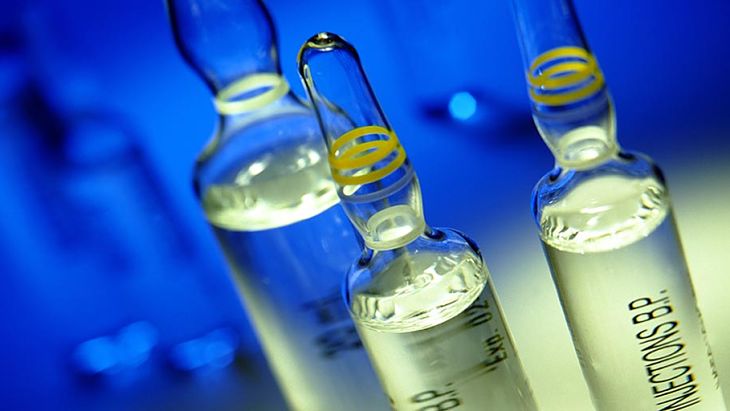Biotechnology and pharmaceutical stocks also strengthened after the defeat of a California ballot proposal aimed at reining in the increasing prices on prescription drugs.
“Over the last nine months, the group has basically been in a sideways pattern, with the IBB ETF trading in a range between $245 and $300. Heading into the election, the group really got beaten down because of rhetoric surrounding drug pricing coming out of the Clinton camp, who was expected to win heading into Election night. When Trump won, we saw a huge bounce for the group, but unfortunately, IBB couldn’t quite test the high end of its sideways range, and it has since rolled over and broken back below its 50-day moving average,” according to a Bespoke Investment Group note posted by Teresa Rivas of Barron’s.
IBB, which holds nearly 190 stocks and is a cap-weighted ETF, has a price-to-earnings ratio of just over 21 and a price-to-book ratio of 4.92. The ETF’s three-year standard deviation is just over 25 percent.
For example, Amgen (NasdaqGS: AMGN), Gilead Sciences (NasdaqGS: GILD) and Celgene (NasdaqGS: CELG) combine for about a quarter of IBB’s weight.
For more information on the biotech sector, visit our biotechnology category.
